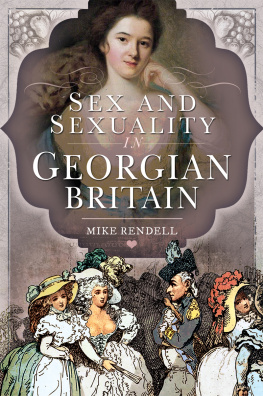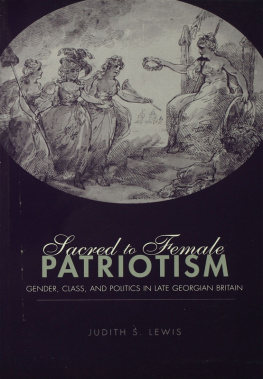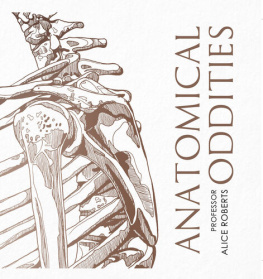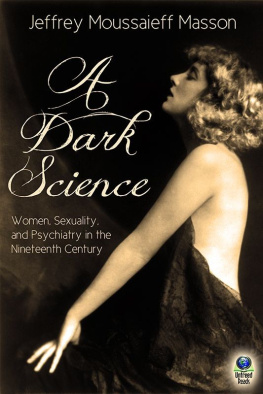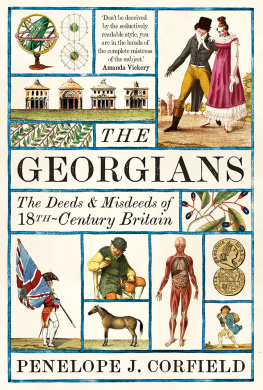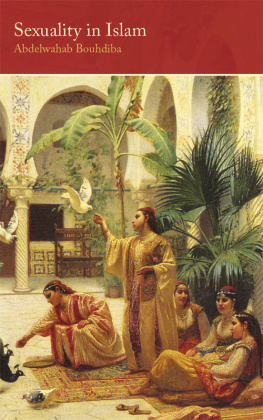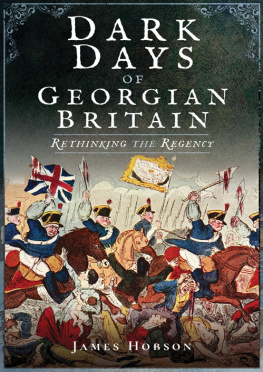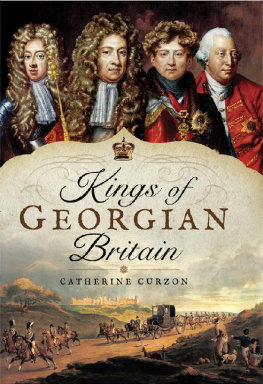Pagebreaks of the print version

Sex and Sexuality in Georgian Britain
Dedicated to Emma and Jo: no daughters should have to suffer the embarrassment of a father who writes about sex and sexuality!
Sex and Sexuality in Georgian Britain
Mike Rendell
First published in Great Britain in 2020 by
Pen & Sword History
An imprint of
Pen & Sword Books Ltd
Yorkshire Philadelphia
Copyright Mike Rendell 2020
ISBN 978 1 52675 562 9
eISBN 978 1 52675 563 6
Mobi ISBN 978 152675 564 3
The right of Mike Rendell to be identified as Author of this work has been asserted by him in accordance with the Copyright, Designs and Patents Act 1988.
A CIP catalogue record for this book is available from the British Library.
All rights reserved. No part of this book may be reproduced or transmitted in any form or by any means, electronic or mechanical including photocopying, recording or by any information storage and retrieval system, without permission from the Publisher in writing.
Pen & Sword Books Limited incorporates the imprints of Atlas, Archaeology, Aviation, Discovery, Family History, Fiction, History, Maritime, Military, Military Classics, Politics, Select, Transport, True Crime, Air World, Frontline Publishing, Leo Cooper, Remember When, Seaforth Publishing, The Praetorian Press, Wharncliffe Local History, Wharncliffe Transport, Wharncliffe True Crime and White Owl.
For a complete list of Pen & Sword titles please contact
PEN & SWORD BOOKS LIMITED
47 Church Street, Barnsley, South Yorkshire, S70 2AS, England
E-mail:
Website: www.pen-and-sword.co.uk
Or
PEN AND SWORD BOOKS
1950 Lawrence Rd, Havertown, PA 19083, USA
E-mail:
Website: www.penandswordbooks.com
Preface
T his book is intended to look at sex and sexuality in the period between 1714, when the first George came to the throne, and 1837, the accession of Queen Victoria. But of course, personal things such as sexual proclivities do not change merely because a different monarch sits on the throne, and it is sometimes helpful to look back at what happened in the 1600s to see how this shaped subsequent events. Besides, history is not so much a series of equally-weighted pendulum swings as a few tumultuous events followed by a series of aftershocks. That was certainly true of the previous century, which saw the execution of Charles I, the Commonwealth of Oliver Cromwell and the emergence of the Puritans, followed by the Restoration of the Monarchy. Things did not suddenly settle down after that and society felt the repercussions as conflicting pressures emerged: pressures from the church, pressures from the state, and economic pressures.

Fashionable contrasts. (You know what they say about men with big feet.)
Someone living in 1700 may well have been alive when poor Susan Bounty, a married woman from Bideford in Devon, was led to the gallows in 1654, the last person to be hanged for the awful crime of adultery, after she had given birth to a child not fathered by her husband. That person may also have read the poems of the aristocrat John Wilmot, 2nd Earl of Rochester, who fearlessly mocked Charles II, ridiculed the court, committed blasphemy, and was dead, quite possibly from venereal disease, by the age of thirty-three. The observer from his or her viewpoint in 1700 would also have heard of the twenty-year-old Thomas Aikenhead, hanged for the offence of blasphemy in 1695. The point here is that the role of the State in determining what the individual could do, say or think was still being debated, and the debate was to dominate the Georgian era.
During the eighteenth century there were conflicting moves: some pulled in the direction of greater personal freedom of choice, while others sought to re-establish State control through censorship, using laws against sedition, libel and blasphemy. Theatres were banned from putting on plays unless they had been approved by the Lord Chamberlain. Plays critical of the government were unlikely to get their place under the spotlight of the stage and therefore works such as John Gays Polly , the follow-up to The Beggars Opera , were never performed.
Seditious libel had long been a concept under Common Law, and was used by the courts to punish anything deemed to be tending towards insurrection against the established order. Seditious libel and blasphemous libel were considered to be interchangeable descriptions of an offence which could be committed against the king, his government or the established church. It was a charge used against the poet Leigh Hunt as late as 1812 in retaliation for his rude comments about the Prince of Wales, calling him fat, oily and like a whale. And yet the existence of a law against seditious libel did not prevent Gillray, the doyen of satirists, from portraying the king and his family in the most disparaging and critical manner. Showing an image of the queen as a hideous old hag with bare breasts and with her hand covering the groin of the (naked) William Pitt, Sin Death and the Devil implied that the wife of the monarch was having a sexual relationship with the prime minister. Yet no charges were brought against Gillray for this most scurrilous of prints.
It is easy to forget how nervous the House of Hanover must have felt throughout the eighteenth century. Not only did it have the example of regicide as a reminder from the previous century, but it also had to face the very real threat of a Jacobite Revolution, not just in 1715 and 1745, but with the general undercurrent of feeling against the nations rulers. How much more those royal nerves must have suffered when, towards the end of the century, the French Revolution showed the fragility with which the royal head rested upon royal shoulders.
Throughout the century there were moves to reduce the powers of both the monarchy and its government and allow greater individual freedom. Conversely, it led to men like the radical John Wilkes, editor of the influential publication North Briton, and a fervent supporter of the rights of the individual. He championed the reporting of parliamentary proceedings, and in 1776 introduced the first ever bill for parliamentary reform.
Nowhere was the debate about freedom more apparent than in the battle between the commercial interests of the landed gentry (and in particular, plantation owners) and the rights of the oppressed the slaves whose rights were promoted by influential Quakers. However, it wasnt just a fight about the rights and wrongs of slavery; it was also about the much wider question of what freedom meant, what freedom of expression amounted to, what freedom to live out your life according to your personal beliefs and standards really involved. It was never a gradual path, and along the way there were attempts to impose greater controls; the growth of groups such as the Society for the Reformation of Manners being one example, the trial of John Wilkes for seditious libel another. Later, in 1792 and 1793, sedition trials were brought against a group of individuals calling for parliamentary reform, and two years later thirty men were charged with high treason in an attempt by the government to destroy the British radical movement. When the trials collapsed the government was forced to pass two gagging acts (the Seditious Meetings Act and the Treasonable Practices Act, both in 1795). But while these great ideals of freedom were being passionately debated, the man-in-the-street just got on with living his life. Perhaps John Wilkes got it right when he sagely observed in his Essay on Woman (a bawdy parody of Popes Essay on Man ), life can little more supply/Than just a few good fucks and then we die.

